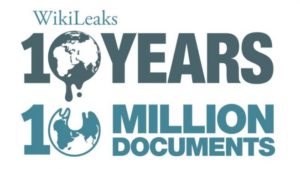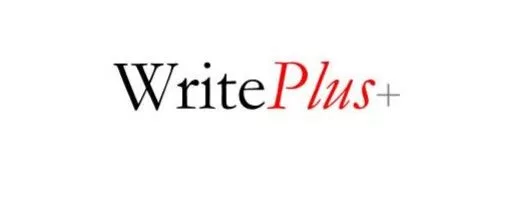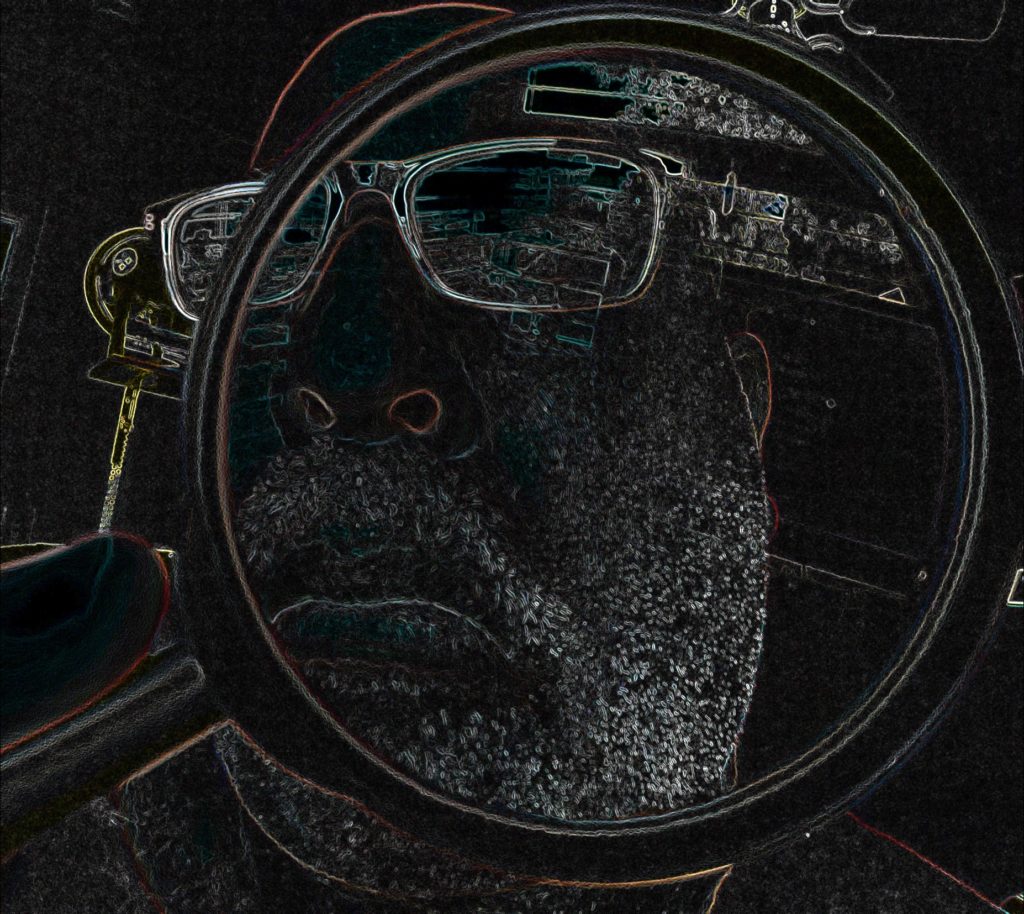https://www.youtube.com/channel/UC0gcBp7hJpiKwjW7YcwLNag?view_as=subscriber
We Were Eight Years in Power
– narrated (audio book) by Ta-Nehisi Coates
publisher: Penguin Random House (audiobook version, 2018)
Anthony’s FB Master Reading List (WritePlus)
What I learned from this book
Coates offers to us a deep understanding of what it is like to be living as an American through the eyes of a much different viewpoint than many are accustomed to hearing – that of the African-American male . It is an eye-opening discourse on the “flip” side of the American dream and its historical remembrances – as well as many other accounts of the events that took place in this country over the past 400+ years. It really offers a brand new angle for the American public in how we might finally want to address both the answers (and new questions going forward) concerning our legacy.
Ikigai: The Japanese Secret to a Long and Happy Life
pronounced “Eeky-guy”
Authors: Hector Garcia & Francesc Miralles
Publisher: PenguinRandomHouse Books (e-book, 2017)
https://facebook.com/writeplus1
What I learned from this book
One of the reasons I decided to weave this review into my book blog fabric is that I just came off editing my own first non-fiction work, and I noticed this book, Ikigai … , might provide some of the answers to several of the questions I touched on obliquely in my book (but, of course, had no intention of providing my readers with any helpful answers!)
I’ve always been curious as to what ingredients comprise mixing the “best cocktail for an extended and fruitful existence.” Unfortunately, at least in my experience of life in the U.S., I’ve seen mostly the opposites – those that shave away years and good health (i.e. a sedentary lifestyle, a poor diet, poor air and water quality, unhealthy climate, congested cities, dangerous crime rates, etc.)
Dreams from My Father
Dreams from My Father – by Barack Obama
Audiobook narration by Barack Obama, publisher: Random House (audio, 2005)
Dreams-from-My-Father-Barack-Obama
What I learned from this book
If anyone has ever taken the time to listen to Barack Obama publicly speak, I think he or she would agree with me that he has an extraordinary way with words. What I didn’t know (and what most people probably don’t either) is that he also has the ability to transform his voice into a wide array of characters – much like a talented voiceover actor.
I’m not talking about one or two voices, but rather something that numbers in the double digits! He uses this ability to paint a creative canvas with different voices/characters that he unveils to us are his family and/ or friends. Whether it was his curmudgeonly (yet likeable) Anglo grandfather from Kansas; the velvety assortment of Kenyan-Kikuyan dialects depicting his late father – as well as other Kenyan relatives (both male and female); his African-American friends and teammates in the mainland U.S.; his Hawaiian peers and other locals; a pinch of Indonesian tongues; and on, and on and on.
What I liked about this book
No matter how impressive I found Obama to be prior to listening to the audio version of his inaugural autobiography, I cannot understate how much more impressive (and relatable) this work made him to me. I certainly had my doubts as to how he could/ would build the foundation of “an understanding of the dreams of someone he barely knew (i.e. Barack Sr.).” He also didn’t have access to the recollection of his mother; who also died very young in life.
Yet, I quickly became convinced at how he “filled in all of the blanks” by taking us on his journey to track down those who knew his father best – the side of his family still residing in Kenya. Without being much of a spoiler, let’s just say he was able to keep from having to “guess” or “manipulate” the details of his father’s life. He was able to track down how his father became who he was, what was important to his father, what made him tick, and what frightened or distracted him. For those of us who are familiar with absentee, enigmatic and/ or abusive parents, it is a unique and crafty approach to discovering the “secrets of the past” without having to create them from his imagination like most of the rest of us do.
Becoming Michelle Obama
- written by Michelle Obama (pub. 2018), 415 pp.
What I learned from this book
Actually, I was shocked at how much of the book was apolitical. I thought going in it would be much more concentrated on White House events, but, much to my relief, there were many more life experiences in the overall mix. My expectations were for 80% politics and 20% personal. In fact, it was more like 90% personal! It is much less a book about living in America’s equivalent of a “Royal Palace,” and much more about one woman’s “journey in its totality.” It is about identity, the struggle, self-doubts and the dream. It is about perseverance. It is also about letting go when you need to let go. But, most of all, it is about family, good friends and, most importantly, always standing firmly alongside the ones you love the most – warts and all!!
What I liked about this book
I’ve read hundreds (if not thousands) of books in my lifetime. However, rarely have I run across an autobiography that is this honest and forthright. Seriously, one would think that autobiographies are meant to be the most candid, but, for the most part, most fall dreadfully short of this goal. I know it sounds cliché, but Michelle Obama really knows how to “put the reader in her shoes.” She understands how to make the reader feel the way she felt in a specific moment, to hurt in her personal moments of real pain, and to feel joy when she was uplifted in one of her finer moments. She is a real person, a “one-of-a-kind” – and that is a rare find! (And I’m a poet and didn’t know it!)
Winners take all
by Anand Giridharadas, pps. 263, (publ., 2018)
What I learned from this book
The author lays some eye-opening stats on us in the Prologue. It does as much to shed light on the financial anxiety most Americans are and have been feeling for quite some time – that contribute to much of the division and fear mongering that has become an American staple for others to ‘swoop in on’ and take full advantage of.
Giridharadas references a study that discovered:
“…middle and lower class Americans (born from 1984 on) now have merely a 35% chance of achieving a comparable lifestyle to their parents (down drastically from previous generations). He goes on to mention that the top tenth of earners income has doubled since 1980, the top 1% has tripled – and, if you’re in the top .001%, you earned 7x.” (paraphrased from Prologue, pg. 4)
The author tells us it is time to examine how income disparity numbers like this arose, and to take an honest look at how the crushing impact it has on the majority of us.
The author also suggests that the general population would be foolish to (think and hope) that it can sit back and allow the super wealthy and super influential to save us all from this situation. The reasons, as so carefully laid out in this book, are that many of the same individuals (and companies) who orchestrate, participate, fund, and preside on speaker panels are, in fact, the ones responsible for creating many of the global issues they claim to be solving.
This book is a very eye-opening exposé on what the author terms to be “a charade” that the rich and famous carefully play on the rest of us. It shows repeated demonstrations as to how and why some very important social problems are to be addressed (as outlined by the super-rich), but fail to ever be resolved. The author informs us that this all appears to be more by design than by circumstance. It is a harrowing thought– but one he insists is real and that we need to examine.
The President is Missing – James Patterson & Bill Clinton
by Bill Clinton & James Patterson, pub. 2018, pp. 513
What I learned from this book
I learned that there are still some horrifying events that can and may occur in our country at any moment in time. We tend to consume ourselves with ourselves (selfies, smartphones, reality television, etc.). What we may not do enough of is pay attention to some of the things that threaten to take all of the fun away from us – permanently. One example of this type of catastrophe (spoiler alert #1) is the one examined in the book – the purposeful contamination of a virus meant to cause a complete and total shutdown of all of the things we take for granted but need each day: clean running water supply, electricity from the grid, internet access – as well as too many other conveniences to mention.
In other words, we may find value in gluing ourselves to every personal experience, but none of it will mean anything without continued access to the things we actually need in order to exist each day. This novel could be looked at as a wake-up call for many of us in America.
Most of us think we’re wide awake, but, in fact, we are mostly “asleep at the wheel” when it comes to the prospects of a true, wide-scale crisis. I suppose it remains to be seen how serious we can ever get about this or any other type of wake-up call.
Fantasyland
Fantasyland: How America Went Haywire: A 500-Year History
What I learned from this book
I learned that no matter what your political affiliation, your viewpoint on whether we, as Americans in 2018, are in a good place or a bad one, safe or dangerous – there is in fact a 500-year documented history that we can break down that may assist in explaining it all. Once we can divide it into smaller, more digestible pieces – perhaps we can then figure out the best way forward. Only time will tell.
Can Democracy Survive Global Capitalism?
by Robert Kuttner, pub. April, 2018, pp. 309
Sneak Peek: For book info, click FB link
What I learned from this book
This book is a phenomenal examination of the myriad “ingredients” combining over decades to endanger democracy as we know it. They run the gamut, from social to cultural to, of course, political. More importantly, as Kuttner explains in graphic detail, we must never forget the economic reasons that have consistently “stirred the pot”; both at home in the U.S. and in democracies abroad.
It was nice to see the author lay out the “global plan” that began decades ago – but now poses the gravest threat since the World War II era. This was never something could have happened overnight. The author drives home that if we don’t pay close attention to how and why this is happening – and demand change – there is no limit to where this could lead us as an international community.
What I liked about this book
I liked the way that the author “spread the blame fairly” in this work. It would have been quite easy for him to pick a side and push the agenda. However, he took a 360-degree view of the situation, applied factual evidence and real-world events, and made sure he pointed out the: who, what, when, where, why and how of it all took and continues to takes place. I really enjoyed his reader-friendly writing style and attention to detail.
What I disliked about this book
Nothing. In fact, because of its authenticity, I am proud to say that I am of the opinion that there are no major flaws in this book. It is right on the money and written at the perfect time.
Whom would I recommend to read this book
I would recommend this book to anyone who wants to learn the truth as to how and why our democracy became under siege. Like it or not, it definitely matters to us all, because no matter whether you consider yourself a globalist or a nativist, we all will live with the consequences of our choices on every level. Hindsight, per norm, will make it easy to glance back to, or, “armchair quarterback” what we should have done better in 2018. But the fact of the matter is those of us elected to leadership positions – who, by the way, took an oath to protect us all – seem to be the ones who are currently most comfortable with sitting back, enjoying their vacations, and just seeing where the show lets us out. Sure, it’s an easy way to deal with it, but this may be the precise reason why our democracy ultimately fails after 240-plus years.
Any thoughts?
-A.N.
WikiLeaks

The background story of Julian Assange and how he became of the world’s most controversial figures of the past decade…


